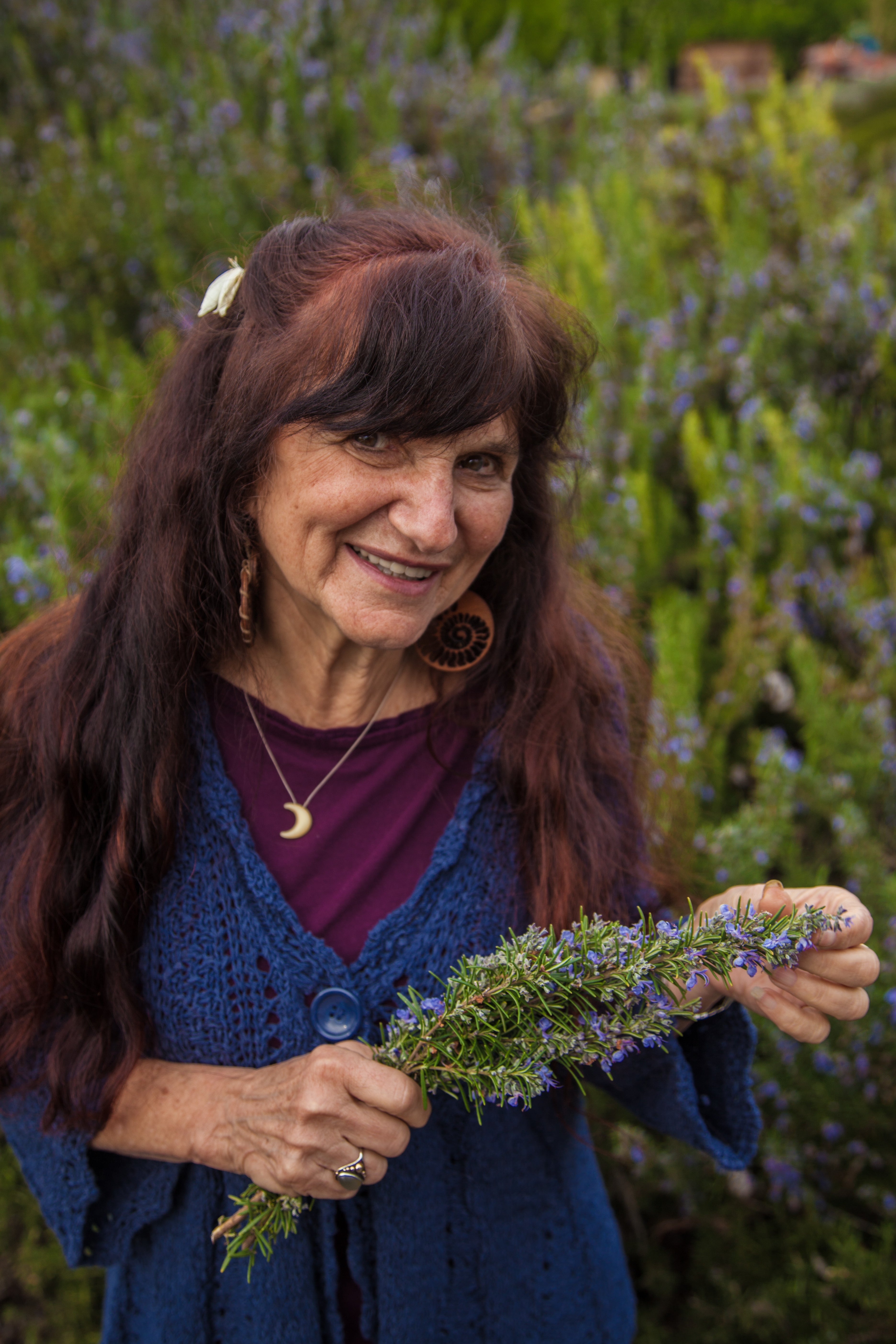
Becoming an Herbalist: A Guide: Insights From Rosemary
Becoming an herbalist is a fulfilling journey that connects you deeply with nature and the healing properties of plants. Rosemary Gladstar, the godmother of modern herbalism, offers invaluable insights from her decades of experience in this field. When defining an herbalist, Rosemary broadens the term to encompass anyone who loves plants and works closely with them for health and healing. “Our profession is widely defined,” she explains. “There are as many ways to practice herbalism as there are herbalists.” Whether it's farming, gathering, clinical practice, or home remedy crafting, the essence of herbalism is rooted in deep connections with the earth and its plant life.

Here are some steps to guide you on your path to becoming an herbalist:
-
Explore Your Interest: Many people feel called to herbalism through personal
health experiences, curiosity about plants, or a desire to preserve ancient
healing traditions. Reflect on what draws you to herbalism and your goals for
studying it. -
Understand Herbalism: Herbalism is the art and science of using plants for
health. It encompasses various traditions, including Western herbalism, Ayurveda, and Traditional Chinese Medicine. Familiarize yourself with these different approaches to find what resonates with you. -
Choose Your Learning Path: Decide how you want to study herbalism. You
can pursue:
• Self-Study: Read books, research online, and experiment with
creating your own herbal remedies.
• Apprenticeship: Find a mentor or experienced herbalist who can
guide you through hands-on learning.
• Formal Education: Enroll in an accredited herbalism program or
take courses that suit your interests.
-
Connect with Nature: Spend time outdoors, observing plants in their
natural habitats. Learning to identify herbs and understanding their growing
conditions is essential for any aspiring herbalist. - Practice Herbalism: Start creating your own herbal remedies, teas, or tinctures. Experiment with different combinations of herbs to see how they affect health and wellness.
-
Engage with the Community: Join local herbalist groups or online forums
to connect with others who share your passion. Attending workshops, herbal
fairs, and conferences can deepen your knowledge and network. - Stay Informed: Continuously educate yourself about the latest research, trends, and ethical practices in herbalism. The field is ever-evolving, and staying current will enhance your skills.
Remember, becoming an herbalist is not just about acquiring knowledge; it's about
developing a relationship with the plants and understanding their role in healing.
Each herbalist’s journey is unique, so embrace your path with curiosity and
passion.
Ultimately, the journey of becoming an herbalist is deeply personal. It’s an
opportunity to connect with the natural world and uncover your unique path in the
vast and beautiful realm of herbal healing. As Rosemary Gladstar beautifully
embodies, the heart of herbalism lies in understanding and nurturing the
relationships we cultivate with plants and the wisdom they offer.





